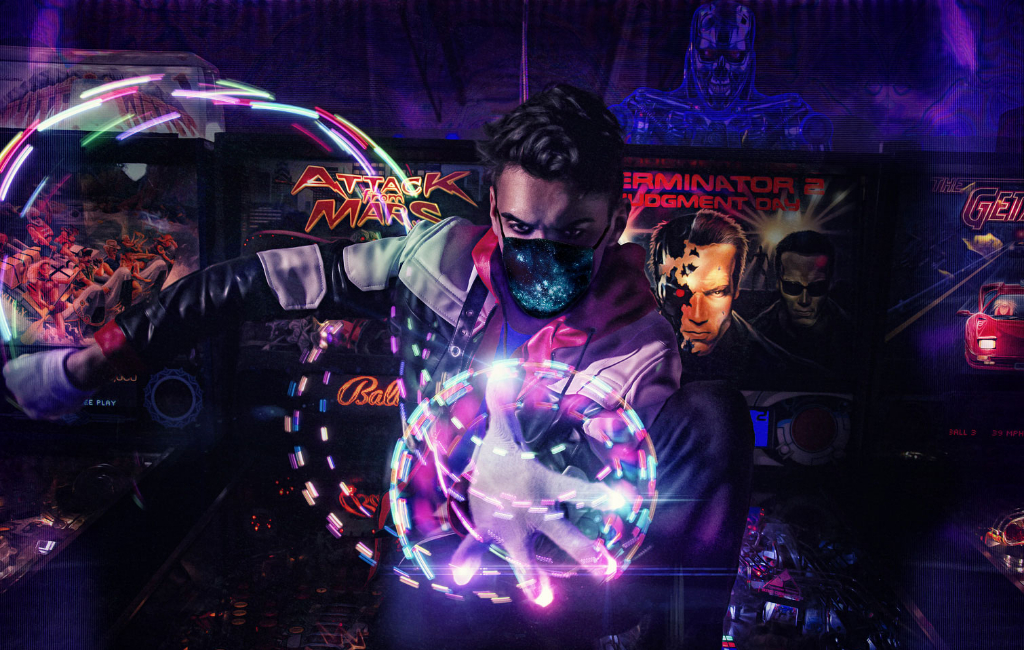Naja – Luxurious Lingerie

NO DEAL
EPISODE SUMMARY
🕓 Air Date: March 13, 2015
Asking For:
$500,000 for 5%
Investor:
No Deal
Deal:
No Deal
PRODUCT SUMMARY
Naja is a disruptive lingerie brand aiming to change the $14 billion U.S. lingerie industry. They emphasize fair pricing, quality products, and a unique initiative called "Underwear for Hope," which trains and employs single mothers in sewing.
WATCH HERE
IN A RUSH?
Click these to jump to the section you want to read.
Background Story
Naja, the lingerie is the brainchild of Catalina Giraldo, an entrepreneur with a diverse background spanning design, law, and business. Catalina mention being based in Silicon Valley during the episode. Catalina’s journey into the lingerie industry was motivated by her observation of a gap in the market. Most lingerie, as she pointed out, was designed for men and marketed towards them. Determined to create a brand that focused on women, she founded Naja with the vision of offering high-quality lingerie at a fair price.
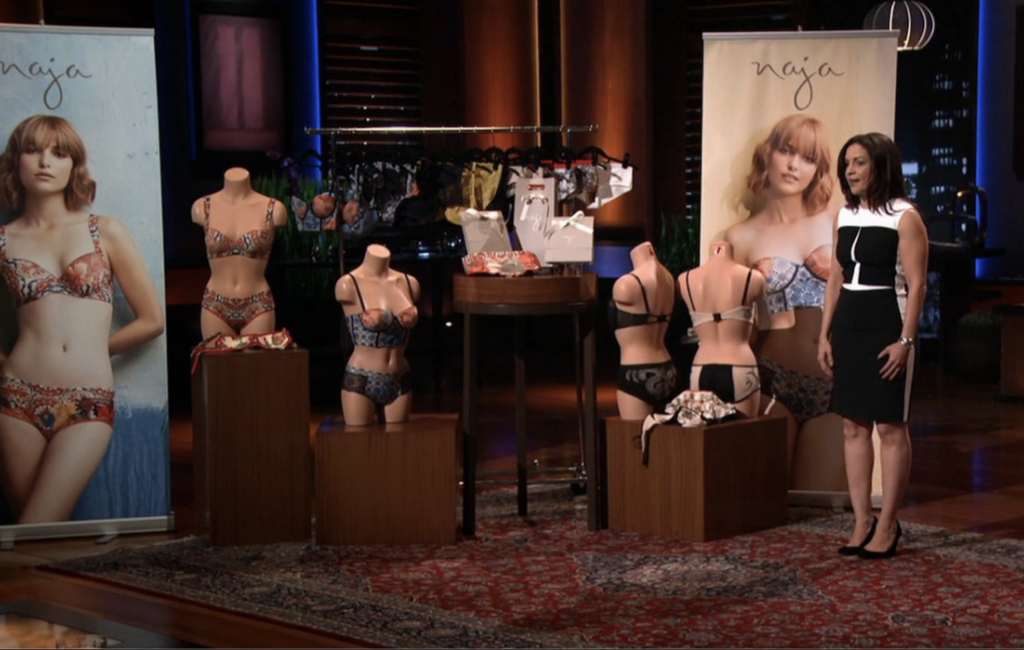
The idea for Naja didn’t just stem from a desire to disrupt the industry but also from Catalina’s unique combination of skills. With a background in design and having pursued an MBA and law degree, Catalina brought a multi-faceted perspective to her entrepreneurial venture. This diversity in expertise likely played a role in the innovative approach Naja took towards manufacturing. Naja’s distinctive selling point is its commitment to a different kind of manufacturing process. Catalina highlighted during the pitch that they own their small manufacturing facility, sampling facility, and all raw materials.
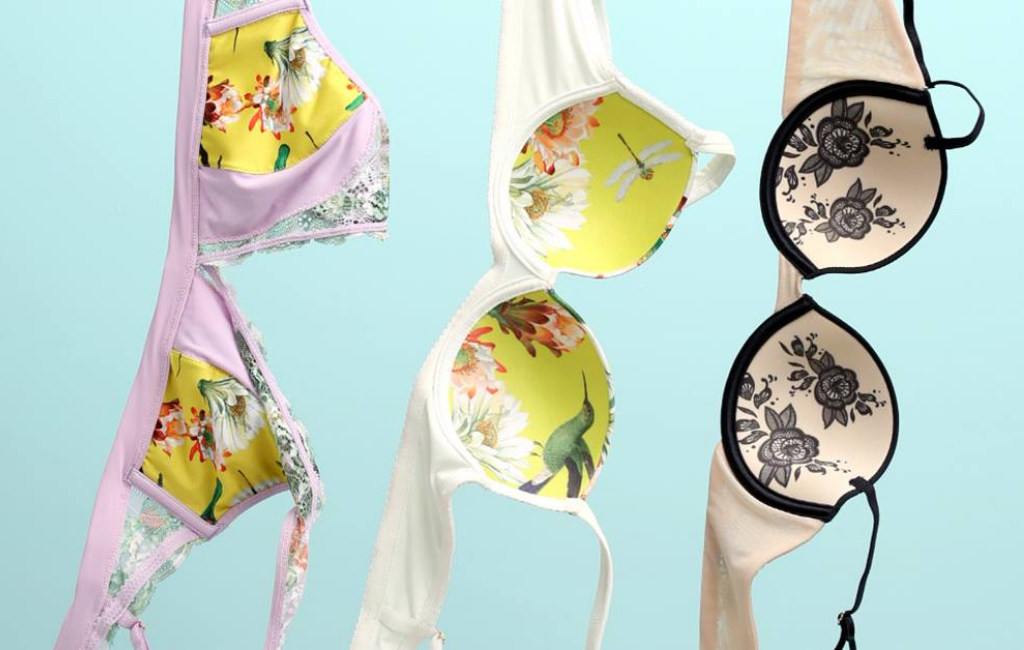
This strategic ownership allows them to streamline the supply chain, resulting in remarkably short lead times compared to industry standards. Catalina emphasized that Naja could bring a collection from concept to the store in four months and recreate a collection in two to three weeks. The entrepreneurial journey of Catalina Giraldo and the inception of Naja reflect a convergence of creativity, business acumen, and a commitment to social impact, as evidenced by their “Underwear for Hope” program, which empowers and employs single mothers.

The Product
Naja’s product offering is a line of lingerie designed with a focus on women, emphasizing comfort, style, and a unique approach to manufacturing. The showcased bra during the Shark Tank pitch exemplifies their commitment to quality and innovation. Priced at $60, this particular bra boasts a cost of production at $7, resulting in an impressive 72% profit margin.
What sets Naja apart is its attention to detail in design. Recognizing that most lingerie in the market is made for men and marketed towards them, Naja places prints on the interior of the bras as a personal touch for women. During the pitch, Catalina Giraldo handed out samples to the Sharks, each with a unique message inside, reinforcing the brand’s commitment to individuality and empowerment.
Customers can purchase Naja’s lingerie online, as the brand operates in the digital space. The average order is $80, and Naja prides itself on a quick turnaround from concept to store, thanks to its ownership of manufacturing facilities and raw materials. The product’s benefits lie not only in its design and quality but also in the social impact aspect.
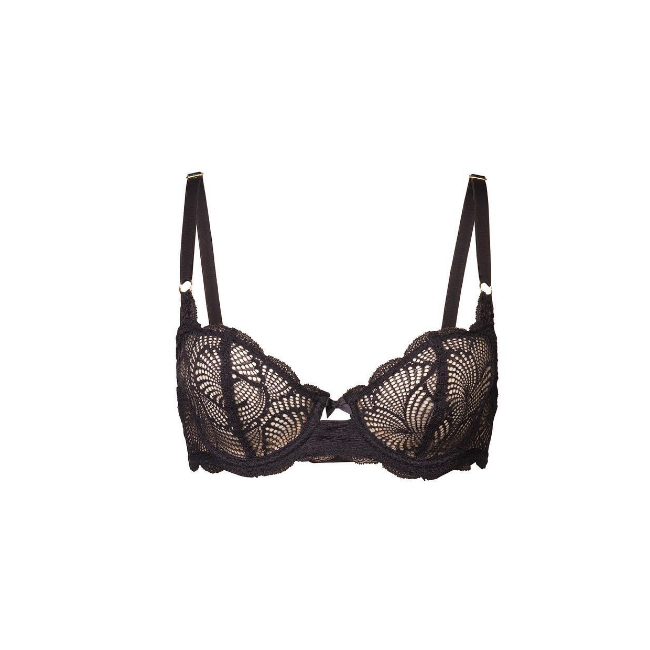
How It Went
The company’s position before Shark Tank
Naja presented a snapshot of its performance on Shark Tank, revealing a company that had generated sales of $145,000 in approximately five months. The company emphasized notable growth, claiming to have doubled sales month over month in the past quarter. The average order size was reported at $80, showcasing consumer interest in the brand’s offerings. In terms of funding, Naja had previously raised $850,000 at a $5 million pre-money valuation about a year before the pitch. However, the Sharks expressed skepticism about the $10 million valuation during the episode.

The founder, Catalina Giraldo, justified this valuation by referencing past funding rounds and the uniqueness of their supply-chain model, which included ownership of manufacturing facilities and raw materials. The company’s manufacturing process, highlighted as a key differentiator, involved owning a small manufacturing facility and sampling facility. This strategic ownership allowed Naja to control the supply chain and significantly reduce lead times compared to industry standards Naja’s business model operates online, indicating a direct-to-consumer approach.

The founder mentioned an emphasis on social impact through their “Underwear for Hope” program, where single mothers were trained and employed to sew the lingerie. This aspect likely contributes to the brand’s identity and could attract a socially conscious customer base. While the Sharks raised concerns about the company’s valuation and growth trajectory, Naja’s emphasis on quality, unique manufacturing processes, and a commitment to social impact suggests a brand positioning itself for success in the competitive lingerie market. The pitch indicated a focus on both profitability and a socially responsible business model.
The Negotiations:
The negotiations for Naja on “Shark Tank” were marked by skepticism from the Sharks, particularly regarding the company’s $10 million valuation. Catalina Giraldo, the founder, had asked for $500,000 in exchange for a 5% equity stake. However, the Sharks, one by one, expressed doubts and ultimately no deal was struck. Mark Cuban and Robert Herjavec were the first to bow out, citing concerns about the valuation and the brand’s recognition in the market. Kevin O’Leary followed suit, expressing his disbelief in the assumption that someone outside the Tank would pay a high multiple for the business.
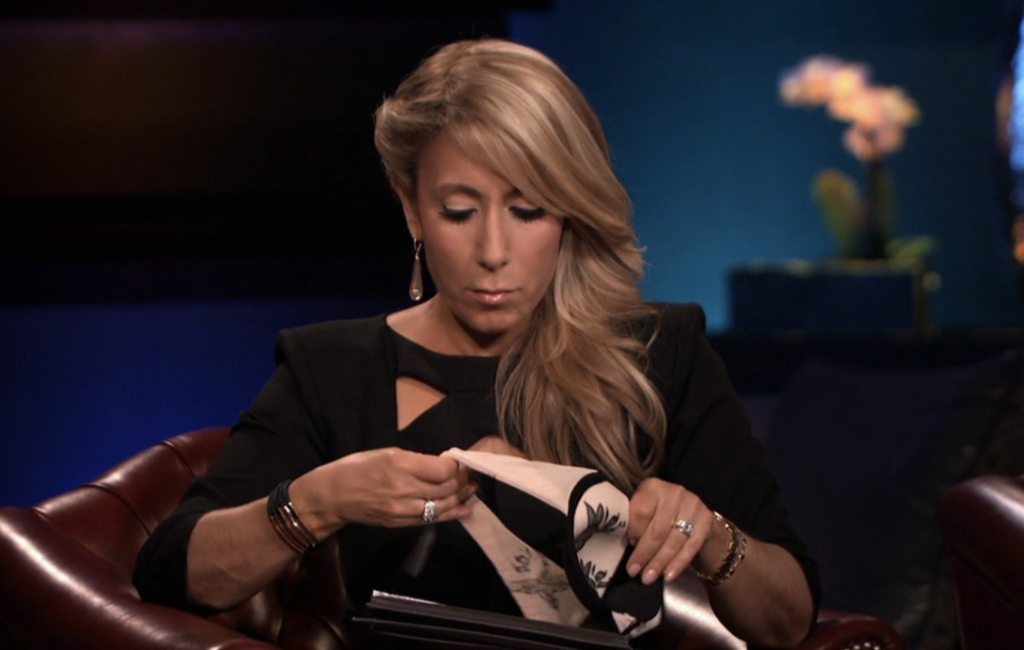
The Sharks collectively questioned the founder’s negotiation style, pointing out corrections and a perceived disconnect in the valuation and projections. Daymond John, the last remaining Shark, couldn’t justify the $10 million valuation either. While he acknowledged the potential of Naja’s designs and liked the product, he was unable to come close to the requested valuation. The negotiation revealed a gap in perception between the founder’s valuation based on past funding rounds and the Sharks’ assessment of the company’s current position.

Despite Catalina Giraldo’s efforts to explain the unique aspects of Naja’s manufacturing process and its growth, the Sharks were unconvinced. They emphasized the importance of realistic projections and questioned the brand’s ability to go from $140,000 to a projected $14 million in revenue. Ultimately, Naja left the Tank without securing an investment, highlighting the challenging nature of the negotiations and the Sharks’ reluctance to meet the high valuation.






